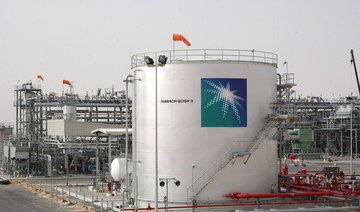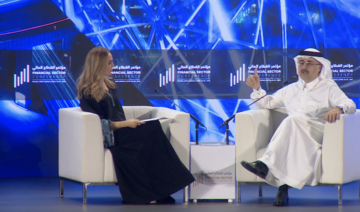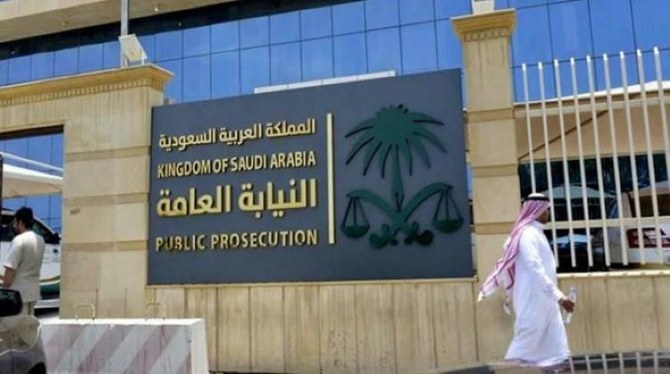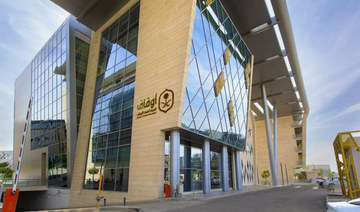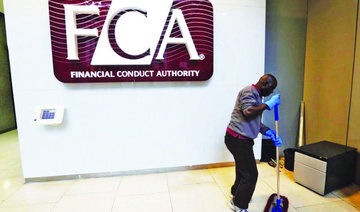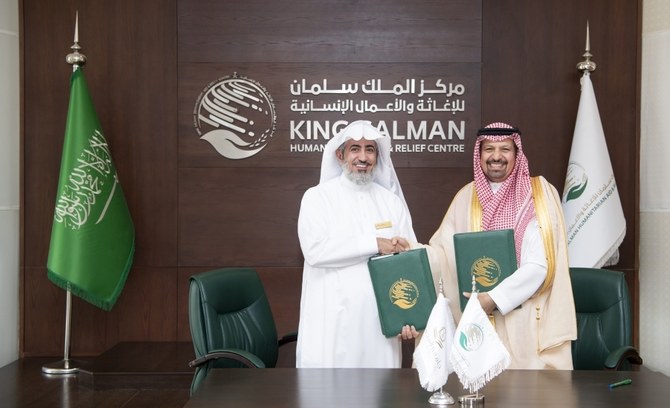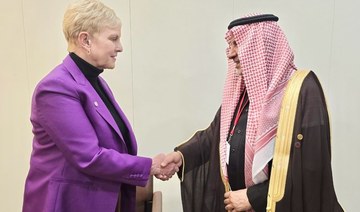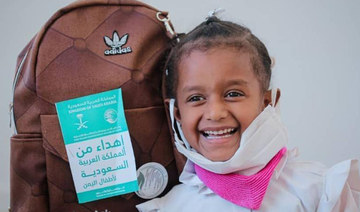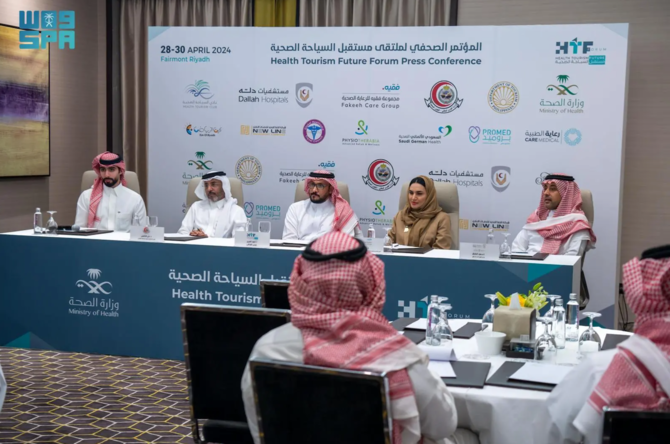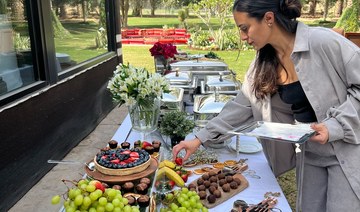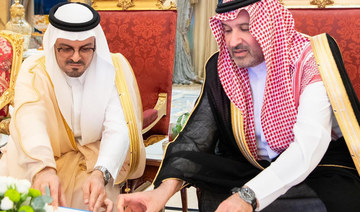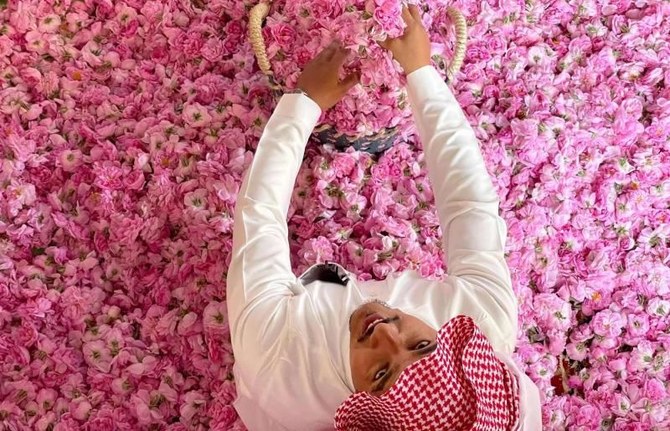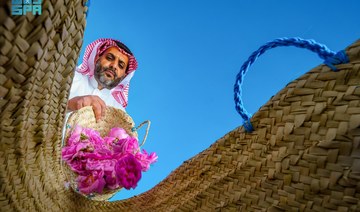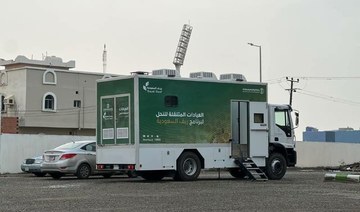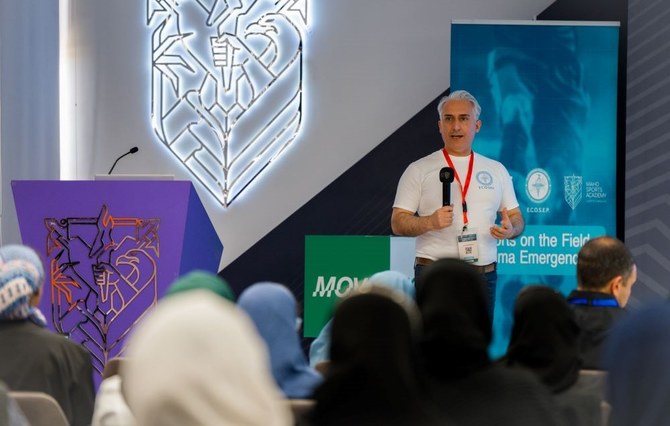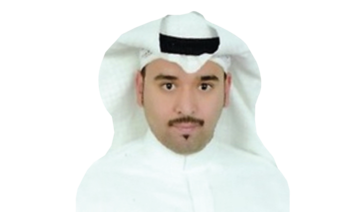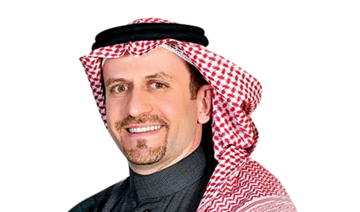ABU DHABI: By March 1938, in the rocky desert around Dammam, Tom Barger and Max Steineke were men under pressure.
The two American geologists had been searching barren eastern Saudi Arabia for oil for three years, but the six wells they had drilled had yielded nothing. Their bosses at the Standard Oil Company of California (SOCAL), having sunk millions of dollars in the Saudi project, were losing patience.
As American oil industry expert Ellen Wald describes in her recent book Saudi, Inc., well number 7 in Dammam was proving especially troublesome. The rock was too hard, and even at a hard-won depth of 4,500 feet, none of the precious black stuff had materialized.
SOCAL had bitten the bullet with a telegram to the two geologists, ordering them not to drill any new wells. Enough was enough - there was no oil in Saudi Arabia, they had concluded.
Barger and Steineke had been led to Dammam by their Saudi guide Khamis ibn Rimthan, who must have had some kind of sixth sense about the rolling desert region. Steineke took the decision to drill a further 200 feet deeper - and suddenly the future of Saudi Arabia was unleashed.
On the first day, 1,500 barrels of crude gushed from Number 7. A few days later, it was at 4,000. When King Abdul Aziz ceremonially turned the spigot in 1939 to let the oil flow through a hastily built pipeline to Ras Tanura on the Gulf coast, Saudi Aramco was effectively born.
Today Aramco is the world's biggest oil exporter, but it is an extraordinary company in several ways. It is already the world's most profitable company; when it is listed on a stock market - planned for 2021 - it will be by far the most valuable company in the world; and it is sitting on one of the biggest recoverable reserves of oil on the planet.
Under Chairman Khalid Al-Falih and CEO Amin Nasser, Saudi Aramco has just set a record for the largest capital-raising exercise by an emerging market company: a $12 billion bond that attracted $100 billion of interest from global investors.
But it is unique too in another way too: it is the single biggest asset of the Kingdom, led by expert Saudi executives, but its origins are unmistakably American, and its has retained the dynamism and efficiency of a great US corporation.
Jamal Al-Kishi, one of the Kingdom's leading bankers and an astute observer of international business affairs, said: "American companies and engineers worked assiduously to develop what's today Saudi Aramco, an undisputed global leader across the hydrocarbon value chain, run competently by Saudi nationals."
That Barger and Steineke were there at all in 1938 owes a lot to the vision of another American SOCAL man, Fred Davies, a Minnesotan who had been foraging around the Middle East for oil for most of the 1930s. In those days, the great rivalry in the region was between the growing economic power of the Amercians, and the fading imperial aspirations of the British, who had cornered the oil market in Iran and Iraq.
OIL PIONEERS
• Karl S Twitchell (1885-1968): Mining engineer who evaluated Saudi Arabia for mineral and petroleum resources; crossed Arabian Peninsula to meet US geologists in 1933.
• Charles Crane (1858-1939): Plumbing tycoon who in 1931 introduced the King to Twitchell. who delivered positive outlook for oil.
• Stephen Bechtel (1900-1989): Engineer whose Bechtel Corporation built the Ras Tanura refinery, deep-water pier, power plants, airports, hospitals and infrastructure.
Davies was convinced there was oil on the other side of the Gulf, and had found some in Bahrain. The Aramco legend has it that Davies was standing on an oil-bearing mound there when he looked across the Gulf toward the newly founded Saudi Arabia, and thought the geological formations he could just about make out looked very similar to the Bahrain dome.
Davies and another American, Lloyd Hamilton, had been part of the SOCAL team that had negotiated the oil concession with King Abdul Aziz in 1933. For what now seems the ridiculously small sum of £35,000 in gold and a further £20,000 in 18 months, with £5,000 annually in rent and bigger royalty payments if oil was discovered in meaningful quantities, SOCAL had bought the rights to Saudi oil.
Saudi Aramco's profit last year amounted to $111 billion - proof that the Americans were onto a good thing 80 years ago.
The US-Saudi relationship survived the difficult days of World War II, when Germans and Italians attacked Saudi facilities to try to stop the flow of fuel to Allied armies, and was cemented by the historic meeting between the King and US president Franklin D Roosevelt on board the USS Quincy at Suez in 1945.
By then, Saudi Arabia was a valued oil exporter for the West, and the Arabian American Oil Company - Aramco for short - was already an engine for economic growth in the Kingdom.
Wald calculates that in 1946 Aramco was providing more money to the Saudi treasury than it ever got from pilgrimage to Makkah and Madinah, traditionally the Kingdom's big revenue stream.
All that was about to shift up several gears with the discovery in 1948 of the Ghawar, still the biggest single oil field in the world. The Americans called it "the field of dreams."
Davies, now Aramco CEO, oversaw a dramatic expansion of the Saudi operation to take advantage of the huge opportunities Saudi Arabia offered. This was an era of rapid economic development, with American contractors at the forefront of the industrial modernization of the Kingdom.
A crucial role was played by another big US corporation. Stephen Bechtel, whose family company had helped built the gigantic Hoover Dam in the USA, saw the opportunities and immediately traveled to Saudi Arabia for meetings with Aramco and with the King.
The result was a spree of development projects to enhance the oil industry but also modernize the Kingdom. A railroad was built to link the capital Riyadh with the oil-producing provinces; pipelines were laid to get the crude to export hubs on the Gulf coast; refining and processing facilities were built to handle the tsunamis of crude now flowing from Saudi wells.
The most ambitious project of all - the Trans Arabia Pipeline or Tapline - was built to bring crude overland to refineries and ports on Lebanon's Mediterranean coast, and thence to Europe.
Bechtel's work began to change the look of the traditional Kingdom. At Aramco's growing production HQ in Dhahran, American executives and engineers expected some of the comforts of home, and Bechtel built what is still referred to as "The Camp" - a little bit of suburban America, complete with porches, BBQs and cinemas, in the heart of Arabia.
Most of Bechtel's work was for Aramco, but the benefit was felt across Saudi society. Roads, power plants, desalination facilities, hospitals, schools and hotels all followed in a gigantic public-works campaign.
By the 1970s, the global oil market had begin to change, and economic power was increasingly in the hands of the producers. In a series of purchases, the Kingdom took control of Aramco, buying out the original American owners.
In contrast to other oil-exporting countries, and in keeping with the amicable relationship that had existed since the beginning, there was never any wholesale appropriation of American assets by the Saudi state.
Although that was the end of American ownership, it was not the end of cooperation with the US oil industry in the new Saudi Aramco. Modern-day Aramco still employs American experts, and has a huge presence in the American oil business, with several centers in the US and the country's biggest refinery in Texas, Motiva.
Since the 1980s, the growth of Aramco into a global energy powerhouse has been led by Saudis, but that success owes a lot to its American heritage.
Al-Kishi, CEO of Deutsche Bank in the region, said: "Perhaps the most vital contribution the Americans have made to the Saudi oil industry and Saudi Arabia is the development of Saudi local talent through the establishment of educational and training centers in the Kingdom and the sponsorship of Saudi nationals in American higher education."
Wald told Arab News "the American corporate culture still runs through modern-day Aramco," highlighting the fact that many of the most influential leaders of the company since the 1970s were American-educated and trained, including former CEO Ali Al-Naimi.
"Under Ali Al-Naimi, Saudi Aramco planned a rise to become an international oil and energy giant by diversifying Aramco’s downstream industry internationally and eventually into other energy sources," she said.
"The Americans had no vision of what Aramco would be today, and they had no need for a powerful Aramco. It is primarily the leadership of Saudi career oilmen like Al-Naimi and others that charted a path for Aramco to become the most profitable company in the world today."




